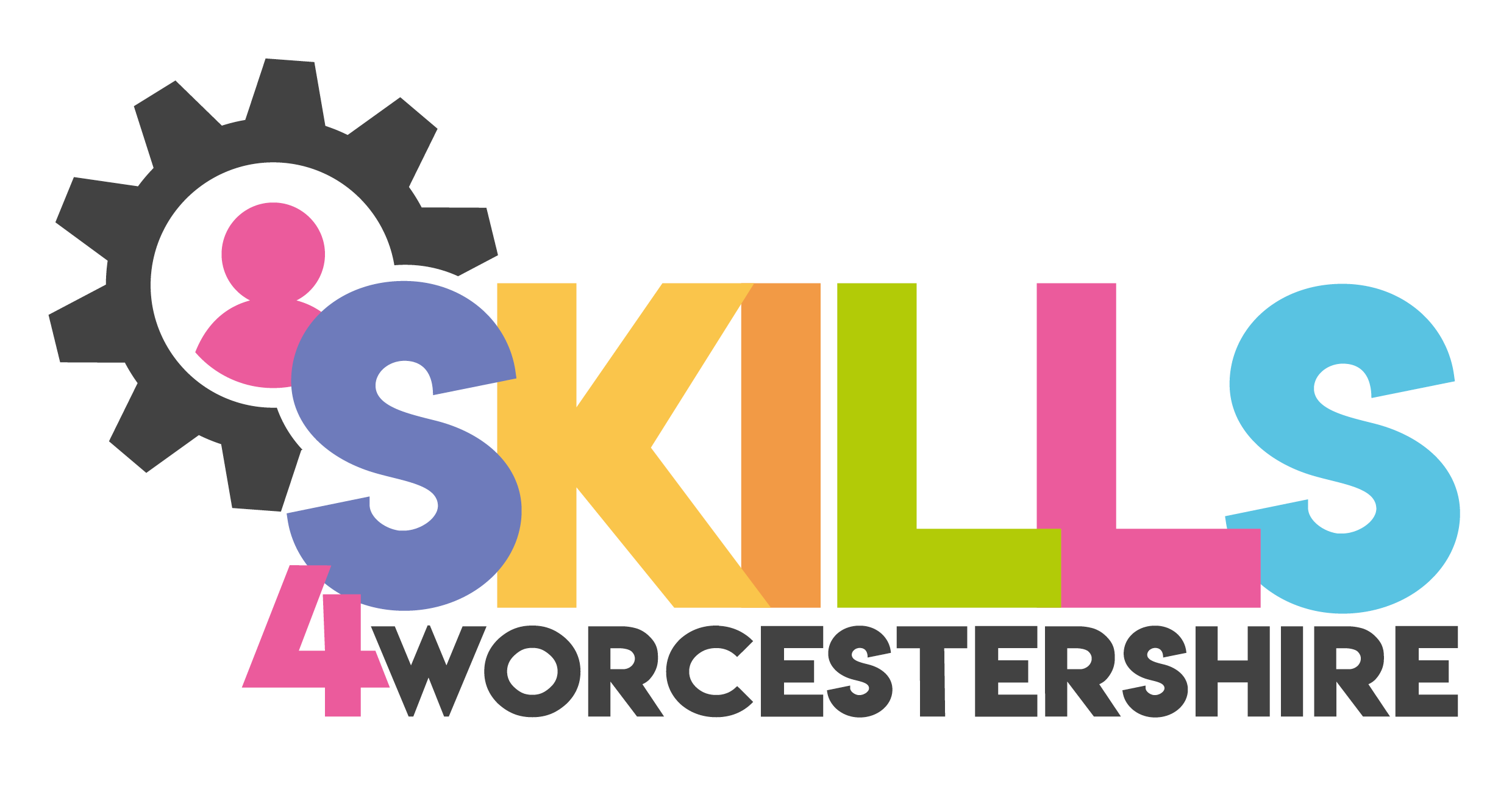
Performing Arts - Choreographer
Performing Arts - Choreographer
Amber
Choreographers design steps, movements and dances, usually with music, for dancers and other artists to perform.
As a choreographer, you could:
- come up with creative ideas and turn them into dance routines
- work with producers, costume designers and musical directors
- choose music, costume styles and props
- audition and teach dancers
- record dance steps using a notation system
If you're self employed or run your own dance company, you'll also:
- promote yourself or your company
- deal with your own tax and money
- hire and manage staff
- apply for funding
You could work in a creative studio, in a theatre, at a film studio or at a TV studio.
Your working environment may be physically and emotionally demanding, you'll travel often and you may spend nights away from home.
Choreographers tend to work between 28 to 30 hours a week.
You could work evenings, weekends and bank holidays. If you are self-employed, you would manage your own working hours.
Variable
You'll need a high level of dance training and experience.
You could start out as a professional dancer and combine this with an assistant choreographer role.
With further training and experience you could work your way up to become a choreographer.
You may find it useful to get work experience with an established choreographer.
You could also develop your skills by volunteering to choreograph amateur dance club performances.
You could do a foundation degree, degree or postgraduate award to develop your skills.
Relevant subjects include:
- professional dance
- musical theatre
- dance and choreography
